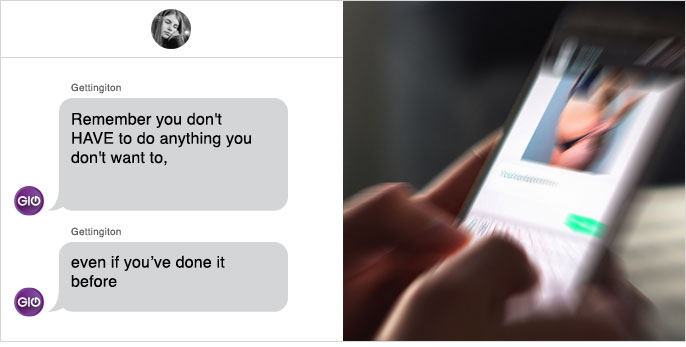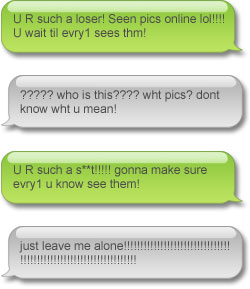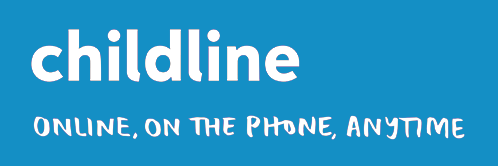Access to the internet is so easy with mobile phones letting you to go online where ever and whenever you want. You can spend hours (days!) downloading music, playing games, tweeting, chatting on social network sites, as well as sharing photos and watching or posting video clips. I bet you can't imagine keeping in touch with your friends without access to the internet!
Chat rooms and blogs are a great way to meet new people, but how do you know you're not talking to a weirdo? So it's really important to make sure you keep yourself as safe online as you do when you meet people face to face. People can make up anything about themselves, they can say they are 15 when they are really 45, they can say they are female when they are male - some people have posted fake photos of them self, now that's a weirdo! So there is a real risk from people who specifically target someone in order to take advantage of them, through sexual abuse or manipulation. See our Online Grooming page for more info on this.

Remember you don't HAVE to do anything you don't want to, even if you've done it before. If you are worried about something that has happened, and you need to talk to someone you can trust, contact Childline on 0800 1111 www.childline.org.uk or the NSPCC on 0800 800 5000 text: 88858 www.nspcc.org.uk/reportconcern email help@nspcc.org.uk
If you need help straight away call 999 or your local police.
Telephone numbers, and details of places you can report someone to at: www.ceop.police.uk/safety-centre Don't be worried about reporting anything that has upset you - you will not get into trouble whatever you have done.
Here are some tips to keep yourself safe online:
- Don't give out information about yourself, your friends or family, like: Surnames, addresses, telephone numbers or the name or location of your school/college
- Don't post pictures that shows where you live, like standing outside your house
- Remember messages and photos or sexting (sending a sexual photo of yourself or someone else via text) can be forwarded and seen by anyone
- Be careful about giving away bits of information about yourself. Over time this can be put together to find out where you live
- Only meet face to face in a public place, tell your parents, or a friend and always take someone you can trust with you
- Don't do anything on a web cam you wouldn't do face to face - especially if you can't see the person who is watching you
- Make social networking sites only open to friends by using permissions. If you don't know someone who requests you as a 'friend' ask yourself how they got your details - it might be better to refuse them
Cyber bullying
 Have you had embarrassing pictures or videos of you posted on blogs or websites? Have you been sent mean emails or texts, or had rumours spread about you online? If any these things have made you feel sad and scared the chances are you have been cyber bullied (bullying using technology). Cyber bulling can be carried out by one person or a group of people. If this is happening to you do not reply it could make the situation worse. Although these messages are hurtful and upsetting you need to keep them all for proof of what has happened.
Have you had embarrassing pictures or videos of you posted on blogs or websites? Have you been sent mean emails or texts, or had rumours spread about you online? If any these things have made you feel sad and scared the chances are you have been cyber bullied (bullying using technology). Cyber bulling can be carried out by one person or a group of people. If this is happening to you do not reply it could make the situation worse. Although these messages are hurtful and upsetting you need to keep them all for proof of what has happened.
If anything online make you feel uncomfortable, or you are sent sexually explicit material you haven't requested, or you are being cyber bullied tell your parents or an adult you can trust. You can get more information on www.thinkuknow.co.uk If you know anyone who is being bullied or is worried about something that has happened online let them know they are not alone and offer to support them. Never pass on messages you are being asked to send around that are abusive or cruel.





